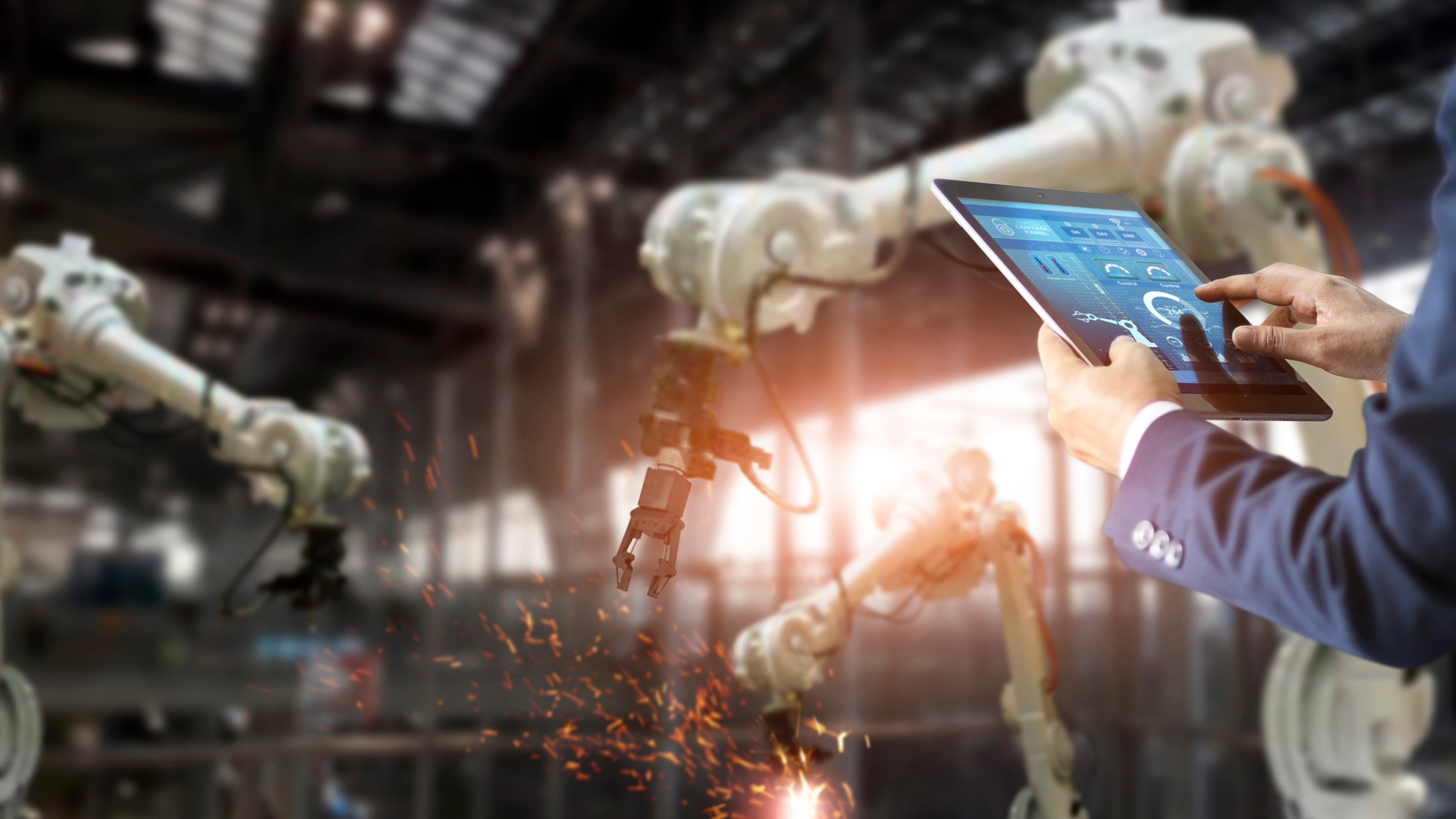Ocado and Norwegian warehouse automation tech company AutoStore have reached a £200 million settlement agreement around a warehouse robot patent dispute and “avoid further litigation”.
AutoStore will pay Ocado the £200 million in instalments over two years with the principal agreement meaning that all patent litigation claims will be withdrawn globally.
Ocado will retain exclusive rights to the Single Space Robot – a system which algorithmically stacks delivery orders in its warehouses – while the companies will have mutually beneficial global cross-licence of each other's pre-2020 patents and can each continue to use and market all their own existing products without challenge.
The grocer noted that while the agreement gives both companies access to parts of each other's patent portfolios for them to use or develop their own products, it does not provide for collaboration or technology assistance between the companies or access to actual products.
"I am pleased we have been able to settle the disputes in a constructive and collaborative manner,” said Ocado chief executive Tim Steiner. “We can now each move forward and concentrate on providing our partners with world beating technology."
Sharing similar sentiments, AutoStore chief executive Mats Hovland Vikse said the company was glad to have achieved a resolution that gives both companies opportunity and freedom to commercialise their extensive patent portfolios.
Ocado recently recorded losses of £289 million in the first half of the year.
However, the group also returned to profit over the six-month period, recording post core earnings of £16.6 million compared to a loss of £13.6 million in 2022.
Latest News
-
Reddit ‘challenges Australia’s under 16s ban’ with lawsuit
-
BBVA expands ChatGPT to 120,000 employees
-
BIS and Central banks test post-quantum cryptography in payments
-
UK government launches new MedTech qualifications to fight skills gap
-
UK scientists get priority access to advanced AI through Google DeepMind lab
-
Uber Eats rolls out robot couriers in Leeds
The future-ready CFO: Driving strategic growth and innovation
This National Technology News webinar sponsored by Sage will explore how CFOs can leverage their unique blend of financial acumen, technological savvy, and strategic mindset to foster cross-functional collaboration and shape overall company direction. Attendees will gain insights into breaking down operational silos, aligning goals across departments like IT, operations, HR, and marketing, and utilising technology to enable real-time data sharing and visibility.
The corporate roadmap to payment excellence: Keeping pace with emerging trends to maximise growth opportunities
In today's rapidly evolving finance and accounting landscape, one of the biggest challenges organisations face is attracting and retaining top talent. As automation and AI revolutionise the profession, finance teams require new skillsets centred on analysis, collaboration, and strategic thinking to drive sustainable competitive advantage.
© 2019 Perspective Publishing Privacy & Cookies


.png)








Recent Stories